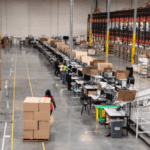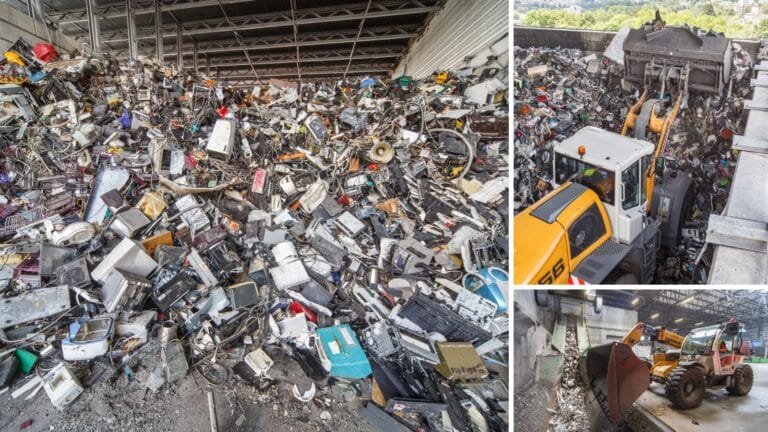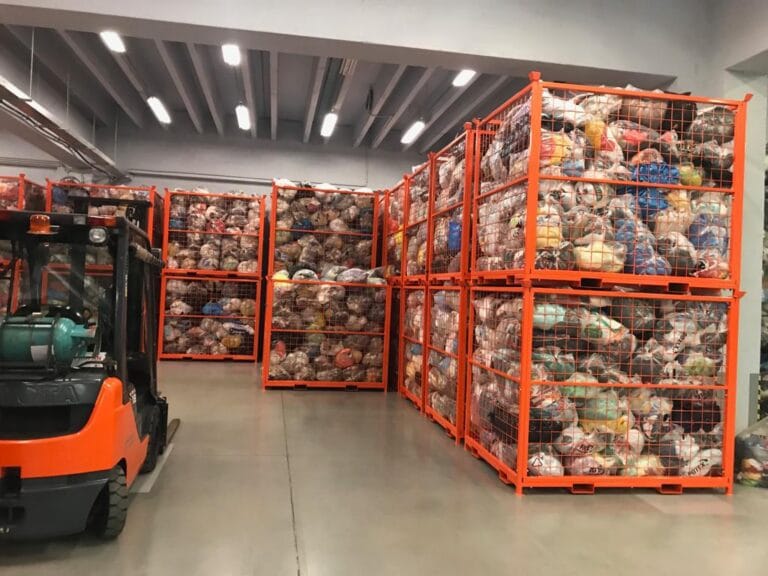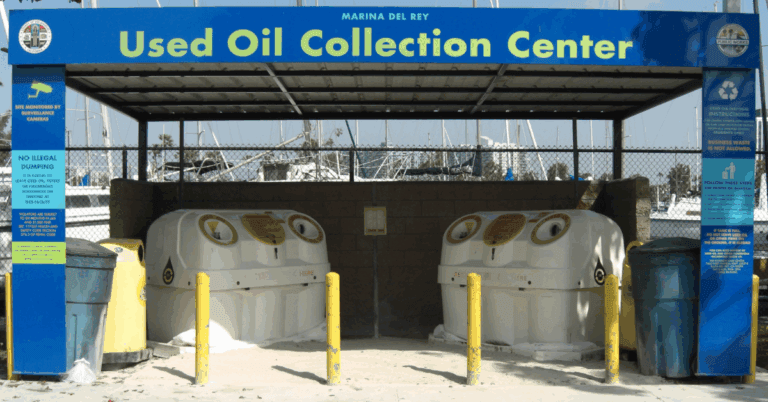How large cities manage their trash pickup so efficiently

The management of waste in large cities can be a challenging task, but many urban centers have developed highly efficient waste management systems to keep their streets clean and their residents healthy.
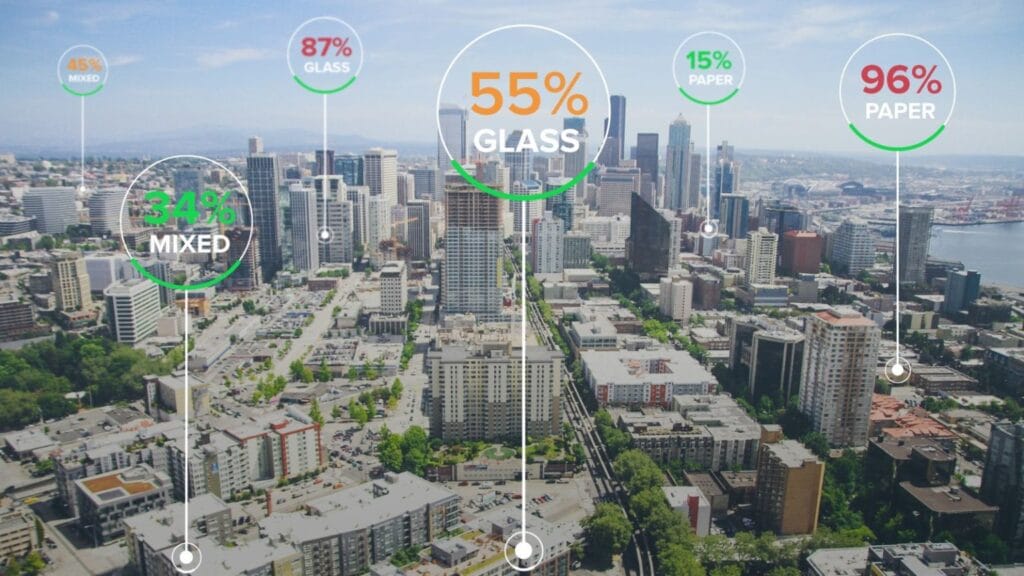
One key aspect of these systems is the use of waste management schedules. This involves creating a set schedule for waste pickup, ensuring that garbage is collected on a regular basis and reducing the amount of waste that accumulates in residential and commercial areas. This allows waste management companies to optimize their collection routes, minimizing the amount of time and resources that are required to collect and transport waste. Schedules can be set and unchanging or dynamic and constantly adjusted.
Another important factor is the use of bulk pickup services. These services allow residents and businesses to dispose of larger items, such as furniture, appliances, and construction materials, in a safe and convenient manner. By providing these services on a regular basis, waste management companies can help to reduce illegal dumping and other forms of waste mismanagement.
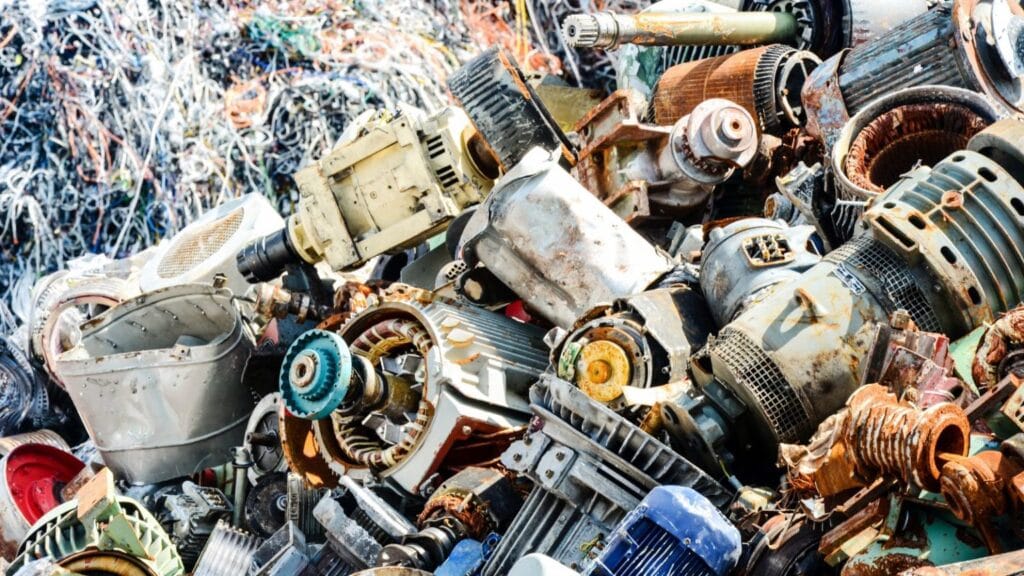
Efficient waste management in large cities also involves the use of modern technologies and waste reduction initiatives. For example, some cities have implemented advanced waste sorting and recycling facilities, which allow for the efficient processing of recyclable materials and the reduction of waste that ends up in landfills. Additionally, many cities are exploring alternative waste management methods such as composting and anaerobic digestion, which can help to reduce greenhouse gas emissions and create valuable byproducts such as fertilizer and energy.
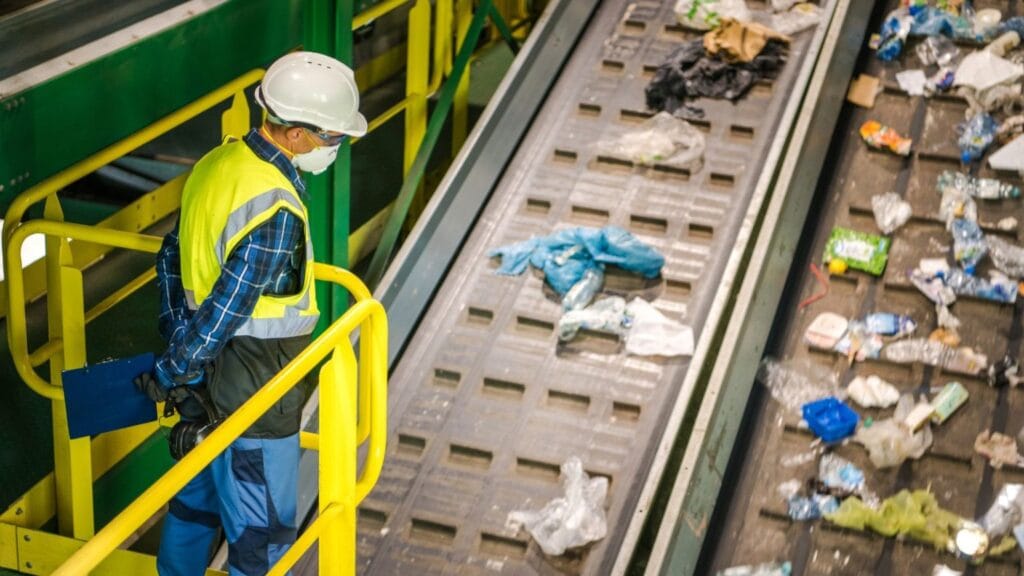
Of course, none of these initiatives would be possible without the hard work and dedication of waste management professionals. These individuals work tirelessly to keep our streets clean and our communities healthy, often in difficult and demanding conditions. They deserve our appreciation and support for their efforts to create a more sustainable and efficient waste management system.
Another important aspect of efficient waste management in large cities is the use of IoT (Internet of Things) technology and route planning. IoT devices such as smart sensors can be used to monitor waste levels in real-time, allowing waste management companies to optimize their routes and pickup schedules. By using this technology, waste management companies can reduce unnecessary pickups and ensure that garbage is collected only when needed, saving time and resources.
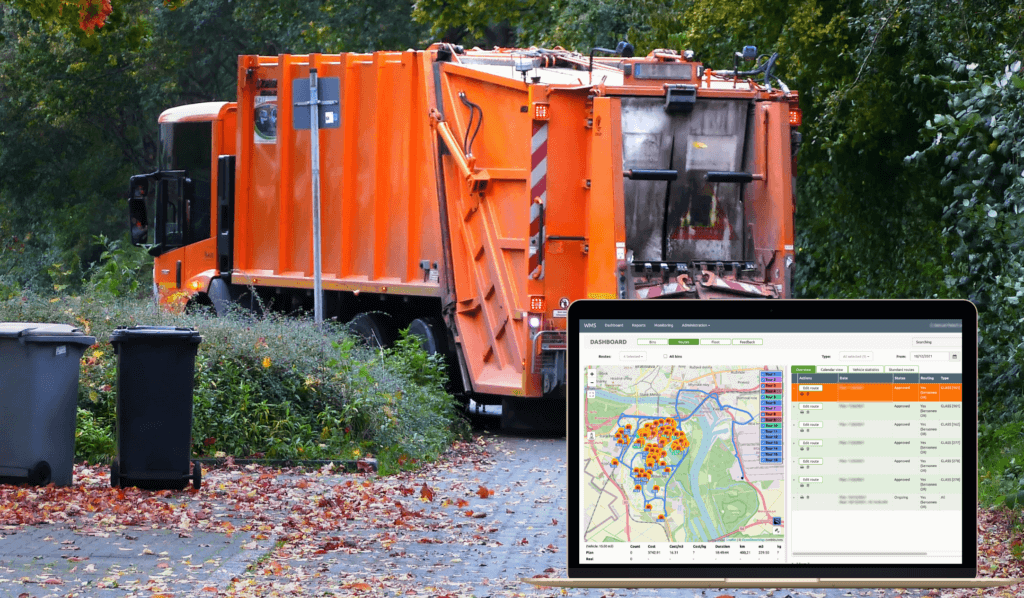
Route planning software can also help to optimize waste management operations. By using algorithms to calculate the most efficient routes, waste management companies can reduce the distance traveled and the number of pickups required, resulting in significant cost savings and reduced environmental impact. This software can also be used to identify areas that require additional resources or attention, allowing waste management companies to prioritize their efforts and ensure that all areas receive the appropriate level of service.
The use of IoT technology and route planning software can greatly enhance the efficiency of waste management in large cities. By reducing unnecessary pickups and optimizing routes, waste management companies can save time, reduce costs, and improve the overall quality of service provided to residents and businesses. As technology continues to advance, it is likely that these tools will become even more sophisticated with the addition of artificial intelligence.
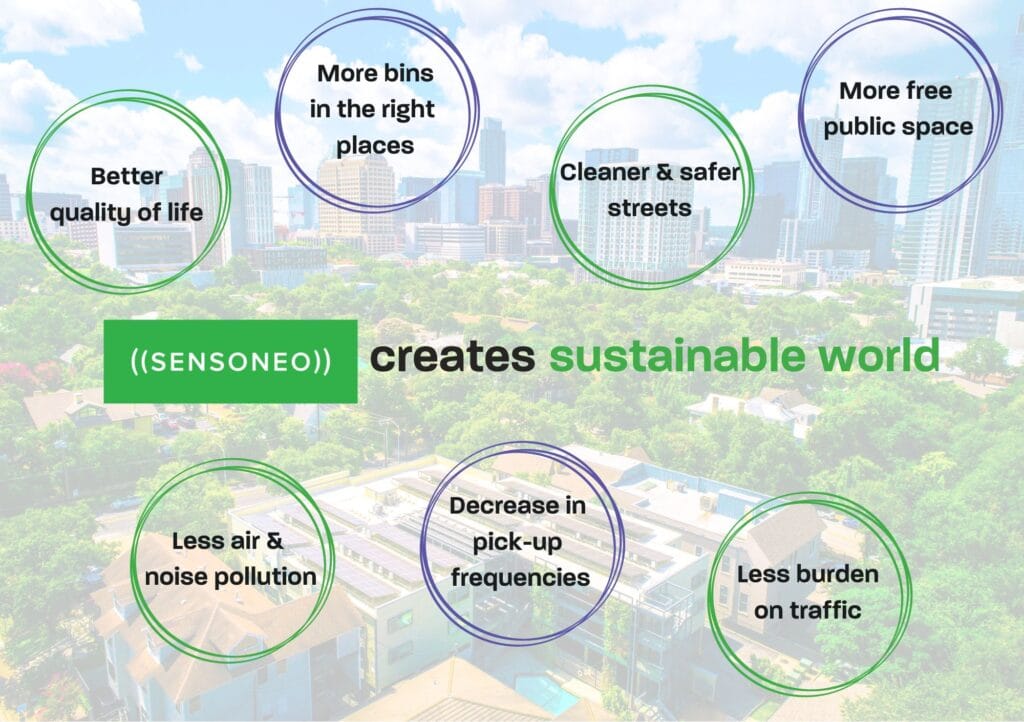
Overall, efficient waste management in large cities is a multifaceted process that requires careful planning, modern technologies, and the hard work of dedicated professionals. By prioritizing waste reduction and recycling, implementing waste management schedules and bulk pickup services, and exploring alternative waste management methods, cities can work towards a cleaner and more sustainable future.
Latest waste library articles

Top 5 Challenges in e-waste collection and how to overcome them
Waste Collection
How to recycle textiles: The vicious circle of waste collection
How to recycle?
Automated waste management helps factories reach ESG goals
Factory Waste Management
How to prevent used cooking oil theft
Waste Collection
Smart Waste Newsletter
Get monthly updates from our company and the world of waste!







